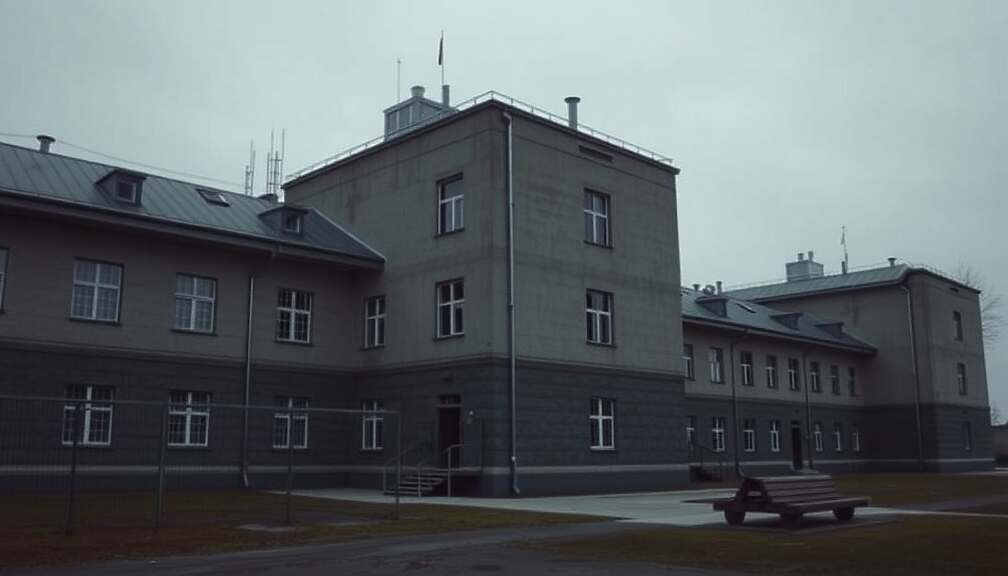Germany’s prison system is facing increased strain due to the growing number of inmates serving sentences related to unpaid fines – known as “Ersatzfreiheitsstrafen” – according to a recent survey of the country’s federal states. The inquiry, conducted by the “Redaktionsnetzwerk Deutschland” and published Sunday, reveals that inmates serving time in lieu of paying fines now constitute between four percent of the prison population in Hamburg and eleven percent in Brandenburg.
Despite the pressures on already overcrowded facilities, justice ministries across all sixteen states have indicated they remain committed to the principle of Ersatzfreiheitsstrafen. Philipp Fernis, Justice Minister of Rhineland-Palatinate, argued that eliminating this form of sentencing would be counterproductive, potentially allowing unpaid fines to go uncollected without the coercive element of imprisonment.
However, several states are advocating for reforms to reduce the number of individuals incarcerated for minor offenses. Anna Gallina, Justice Senator for Hamburg, suggested decriminalizing specific infractions, such as fare evasion and prostitution in restricted areas, pointing out that individuals committing these offences are frequently in vulnerable circumstances and unable to pay associated fines.
Benjamin Limbach, Justice Minister of North Rhine-Westphalia, emphasized that easing the burden on the penal system through minimising Ersatzfreiheitsstrafen benefits both incarcerated individuals and the public finances. He called for swift action on a federal draft law intended to remove fare evasion from the list of criminal offenses, suggesting it is long overdue.












